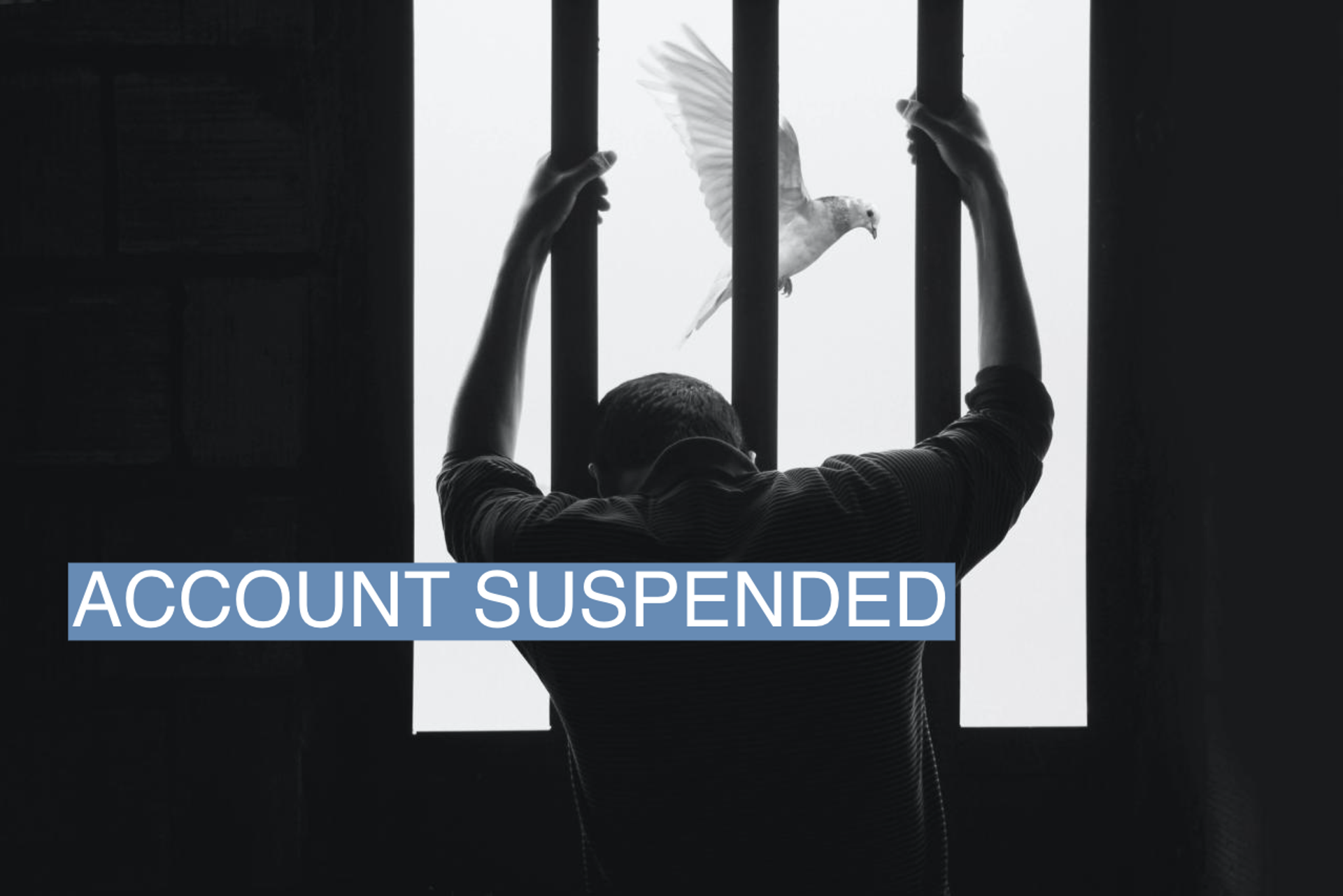The News

On Thursday night, Twitter disabled the accounts of several prominent journalists from outlets such as The New York Times, The Washington Post, and CNN, some of whom had been critical of Elon Musk, Twitter’s owner.
Some of the journalists had been tweeting and reporting on Twitter’s earlier decision to disable an account called ElonJet that posted the real-time location of Musk’s private jet.
“Same doxing rules apply to ‘journalists’ as to everyone else,” Musk tweeted later Thursday evening, though most of the accounts he banned had merely covered his actions on the private jet account. He said the accounts would be suspended for a week.
In this article:
Reed’s view
Soon after Musk took over Twitter in late October, my boss, Ben Smith, called me with an assignment: Find out who’s working on big ideas to replace Twitter, now that Musk had taken over.
At the time, I rejected the premise. I expected Musk would make Twitter better by coming up with new products in record time, mimicking the legendary success he’d had at his other companies. I thought Musk’s calls for more transparency in content moderation would be a positive change.
But I started making calls to figure out what venture capitalists and entrepreneurs thought about Twitter substitutes.
“Head of your story is: The plot to Kill Twitter,” Ben texted me.
I found nobody was all that excited about funding Twitter killers. Whatever comes after Twitter will be something new, they said. Twitter would continue to be Twitter.
On Thursday, things changed.
I sympathize with Musk’s frustration at people posting the location of his private jet in real time. Private jet data should be public and it’s a legitimate source of information for reporting. But there’s no reason to post it in real time, other than to mess with Musk.
If somebody in a mask followed the car my son was in and tried to intimidate the driver, I’d be angry. If I saw journalists continuing to draw attention to the real-time private jet account the day after my son was threatened, I’d be pissed off.
I think it’s hypocritical to voice concern for victims of online harassment but to think it’s fine when it happens to Musk, even if he is one of the world’s richest men.
But Musk’s decision to disable those accounts is a huge turning point, regardless of whether it was justified under his newly-implemented “anti-doxxing” policy. It’s now clear that Twitter is not an open forum for ideas. It’s a site that Musk controls according to his whims and emotions.
Free speech can’t exist if users know, in the back of their mind, that they could be silenced nonchalantly by the emperor.
I don’t think journalists will immediately get off Twitter. On Friday morning, I saw plenty of them (including me) posting articles as if nothing happened. Twitter’s like a dinner party where the host had a massive tantrum and kicked out one of the guests. Everybody’s going to finish their dinner, but it’s awkward now and people can’t wait to get out of there.
Twitter’s content moderation before Musk was never perfect and employees made mistakes. But the company still had public shareholders and a board of directors, and it was never up to one person.
That’s what Twitter is now, and it probably can’t go back.
So what replaces the Twitter that existed before Dec. 15, 2022? Probably not Mastodon, where a lot of journalists have advertised they are going. Probably not Post.News, a startup that is sort of like Twitter but without very many users.
The answer may be that Twitter’s denizens – other than staunch conservatives and Musk acolytes – spread out among a variety of services and become sort of a diaspora.
If that happens, Musk may have done us all a favor.
Room for Disagreement
Some prominent Twitter users saw Musk’s actions not as violating a kind of implied social contract, but as turning the tables against “liberal” journalists after years of what they viewed as censorship of conservatives. “What I won’t take are liberals who spent years defending censorship now whining because their friends are banned,” tweeted journalist Glenn Greenwald.
Notable
Semafor media reporter Max Tani reports on how newsrooms are grappling with the Twitter ban of certain journalists.